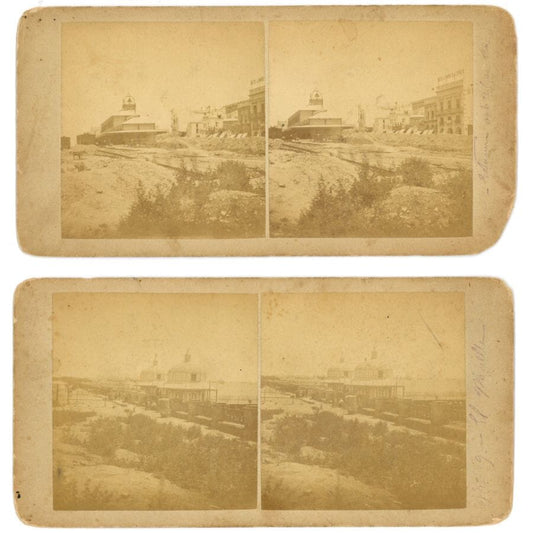Coleção: Império
Declaração de Conformidade Legal
Todos os documentos históricos disponíveis neste site foram adquiridos de forma legal, por meio de leilões públicos, vendas autorizadas e fontes lícitas, com registros e comprovações de procedência devidamente arquivados.
A Glórias atua com total respeito à legislação brasileira referente à proteção do patrimônio cultural e arquivístico, especialmente as disposições da Lei nº 8.159/91 (Política Nacional de Arquivos Públicos e Privados), da Constituição Federal e da legislação patrimonial vigente.
Estamos abertos ao diálogo e à cooperação com instituições públicas, arquivísticas ou culturais que desejem obter mais informações sobre as peças aqui disponíveis.
Nosso compromisso é com a preservação, valorização e difusão do patrimônio documental brasileiro, dentro dos parâmetros legais e com absoluta transparência.
Lei Rouanet
Alguns documentos podem, sob certas condições, ser adquiridos com recursos incentivados por meio da Lei Rouanet. Para saber mais
-
Carta manuscrita de Joaquim Nabuco (1906)
Preço normal R$ 9.000,00 BRLPreço normalPreço unitário / por -
Carta manuscrita de José do Patrocínio (1902)
Preço normal R$ 7.000,00 BRLPreço normalPreço unitário / por -
Carta manuscrita do pai de Joaquim Nabuco (1857)
Preço normal R$ 5.000,00 BRLPreço normalPreço unitário / por -
Desenho naturalista de Benedito Calixto (por volta de 1900)
Preço normal R$ 3.000,00 BRLPreço normalPreço unitário / por -
Estudo de Benedito Calixto a partir de Debret (por volta de 1900)
Preço normal R$ 3.000,00 BRLPreço normalPreço unitário / por -
Carta manuscrita da Condessa de Barral (1855)
Preço normal R$ 2.300,00 BRLPreço normalPreço unitário / por -
Fotografias de Christiano Junior (1871)
Preço normal R$ 700,00 BRLPreço normalPreço unitário / por -
Duas fotografias originais de George Leuzinger (1860s, 1870s)
Preço normal R$ 700,00 BRLPreço normalPreço unitário / por -
Fotografia original do estúdio Christiano Jr. & Pacheco (1871)
Preço normal R$ 600,00 BRLPreço normalPreço unitário / por
Assine nossa newsletter
Achamos tesouros todo mês. Seja o primeiro a saber.









